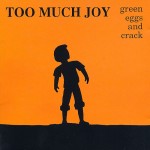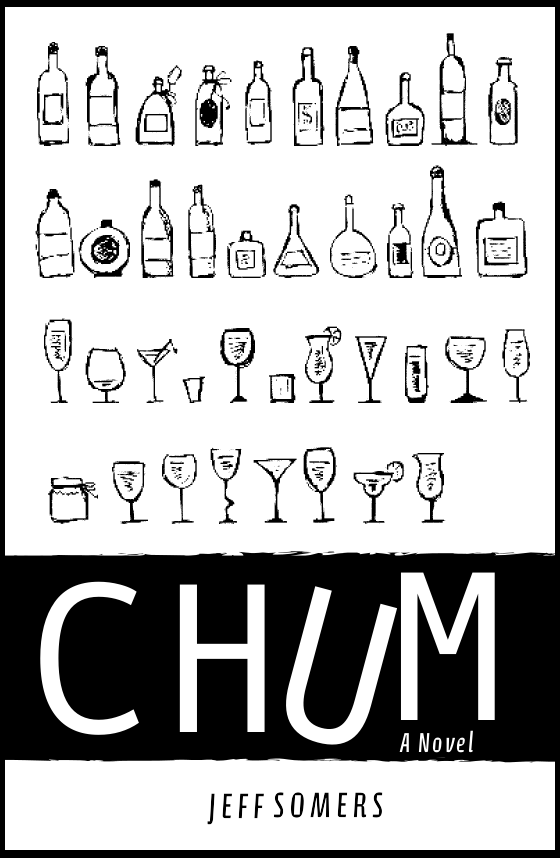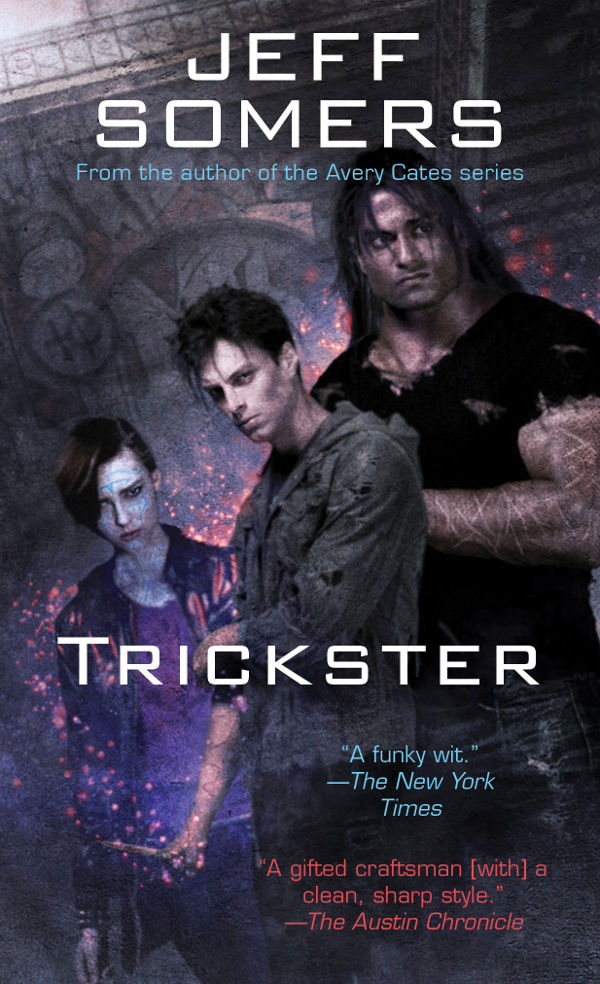Writing as a Reader
 I had one of those moments the other night. No, not one of those “oops I drank a bottle of High West Double Rye and wet myself” moments – or, well, yes, one of those moments too, but that’s not the subject of this little essay thank you very much. The moment I’m referring to was a spine-tingling idea I had to solve a plot problem in a novel I’ve been writing for approximately 75 years. Which is actually a merging of two novels into one. Which has been slowly driving me insane. But let all that drift, because I figured something out, and it was to take a tiny detail alluded to a few times throughout the current draft and bring it back as an awesome but somehow perfectly obvious twist.
I had one of those moments the other night. No, not one of those “oops I drank a bottle of High West Double Rye and wet myself” moments – or, well, yes, one of those moments too, but that’s not the subject of this little essay thank you very much. The moment I’m referring to was a spine-tingling idea I had to solve a plot problem in a novel I’ve been writing for approximately 75 years. Which is actually a merging of two novels into one. Which has been slowly driving me insane. But let all that drift, because I figured something out, and it was to take a tiny detail alluded to a few times throughout the current draft and bring it back as an awesome but somehow perfectly obvious twist.
To celebrate I drank a whole bottle of High West Double Rye but I think I already told that story, so let’s let it drift.
After I woke up, went to the desert to dry out, and had a few starvation-induced hallucinations, I realized something: The only reason the twist came to mind or even worked at all was because I’d previously put in a couple of throwaway details. The thrill I experienced when I thought of a way to leverage those details into brilliance was pretty much the same thing I would have felt if I’d been reading a book and an author suddenly promoted what had seemed like an unnecessary detail to a plot point. In other words, I was writing like a reader.
Frankly, I think that’s important.
Here’s how it works, at least for me. In chapter one, I give a character a gewgaw for some color. Then I forget about it. Then in chapter 10 I realize I need that character to do something amazing and for that he needs an implement. And I realize with a thrill that I can just resurrect the gewgaw. I stand up, tear off my shirt, and scream IT’S BRILLIANT while the universe recreates the crane shot from The Shawshank Redemption. I could have given the character the gewgaw right then and there and retconned it into the story later, but because I used something I’d already added to the story and then forgot, I have the same experience (hopefully) that the reader will have.
It’s artificial, of course. I can do anything I want in my story – I can just make shit up any time I want! Yet when I have that moment when I’m just thrilled by a twist because it seems natural, it usually means I’m onto something. For a second there, I wasn’t a jaded, slightly inebriated writer trying to fool people into spending $8 on his books. I was part of the audience, and I was excited.
Of course, I’ve enjoyed some terrible films and novels in my time, so none of this means the story I’m working on is any good. It’s just the religious experience of occasionally shocking yourself with your own writing that gets me every time.





